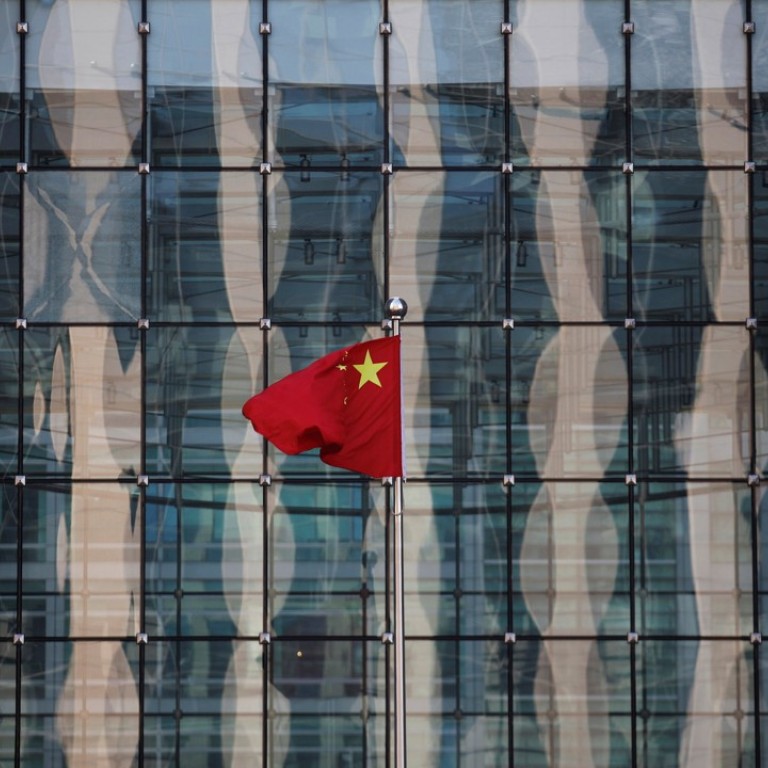
China’s outbound investment to further grow after the party congress, says PwC
Companies are now clear on what assets Beijing does not want, compared with six months ago, according to the firm
Beijing is not closing off outbound mergers and acquisitions (M&A), but wants companies to take them on in a more disciplined way that is dictated by the authorities, says PwC analysts.
They also expect M&As to grow next year, as potential buyers lift their “wait and see” attitude after the 19th party congress in the autumn.
Under widely publicised curbs, the value of mainland China-led M&As fell by more than half, year-on-year, to US$64.4 billion in the first half of 2017, from last year’s US$130.9 billion which included ChemChina’s record-breaking US$43 billion acquisition of Syngenta, according to PwC analysis.
“The tightening has been there for the full first six months. Now, as compared to six months ago, it is a lot clearer. People understand there are certain things that the Chinese government does not want – they are worried about capital flight on passive assets,” said David Brown, transaction services leader for PwC China and Hong Kong.
People understand there are certain things that the Chinese government does not want – they are worried about capital flight on passive assets
“However, the volume of transactions was maintained, or [even] increased. Deals with a clear strategic rationale, particularly those can add value to China, continued to win support... and technology was the leading sector in terms of the volume of deals,” he said.
Private companies recorded 295 outbound deals in the first six months, 2 more from same period last year. State-owned enterprises reported 66, or eight more than the year-earlier period.
But financial buyers – essentially private equity and venture capital funds – recorded 121 deals, representing 21 more, year-on-year.
Brown said the funds’ increased deals would be largely boosted by the Chinese authorities’ curbs on the flow of foreign currency exchange.
“A buyer would turn to these funds, which have access to foreign exchanges, when their financing channel was blocked,” he said.
Looking forward, PwC expects a slight slowdown in the second half of 2017, partly because the upcoming party congress would have encouraged buyers to “wait and see” first. However, overall activity would remain robust and there should be further growth in 2018, its analysis found.

It interpreted a new official guidance, which classified outbound investment into three categories of encouraged, restricted, and prohibited, as a means to “fortify” existing rules, with no further pressure imposed for overseas investment.
The guidance was jointly introduced by China’s State Council and authorities in charge of economic planning and foreign exchange last Friday.
The authorities said they would prepare a “negative list” for outbound investment in a Q&A document published on the National Development and Reform Commission’s website.
“The guidance issued on 18 August 2017 explains the existing policy and there is no sudden turn,” said Michael Sheng, corporate partner at international law firm Ashurst.
“When the actual rules and regulations have been revised based on the classification [of the three categories], the practical implications will become clearer.
“Of course, we would expect a more difficult, uncertain and time-consuming approval process for outbound investments into, for example, the restricted real estate, entertainment and sport sectors than those sectors which are better aligned with the government’s objective,” he said.

